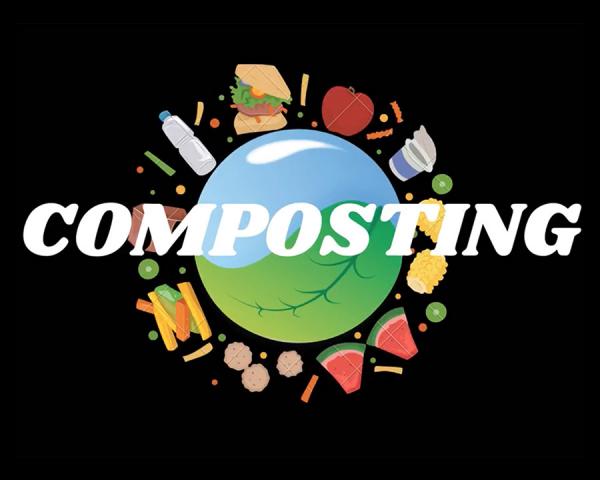Learning about Composting
Minneapolis College’s Sustainability Committee June theme honors national Learning About Composting Day on May 29. Composting is the recycling of organic materials where natural processes break down substances such as yard clippings, food and kitchen waste, soiled paper food packaging (pizza boxes), etc.
Once decomposed, the resulting compost is used in gardens and landscaping as fertilizer and soil stabilizer. The City of Minneapolis has both yard waste and “organics” (primarily food waste) curbside pick-up programs.
Composting has a number of benefits including decreasing the amount of food, kitchen and yard waste that is burned or placed in a landfill, growing healthier plants and creating a more sustainable natural environment.
According to Eureka Recycling, over 3 million tons of municipal solid waste ended up in Minnesota incinerators and landfills in 2011. This is the accumulation of trash (anywhere from 25-50% of which is compostable) that residents, small businesses and institutions generate every day. Food waste and other organic materials not only take up unnecessary space in landfills, their decomposition in the landfill (lacking proper mixing with oxygen) generates methane, a significant contributor to global warming.
Diverting organic waste from incinerators and landfills, and instead converting it into compost, encourages plant growth, saves energy, increases biodiversity and improves the quality of life on our planet.
The Minneapolis College Green Team
The Minneapolis College Green Team, part of the campus’s Zero Waste Initiative, is comprised of student-educators who act as guides at student events, helping attendees properly dispose of waste and ensuring organic material is diverted for composting. What started as a volunteer-led effort three years ago was officially funded in 2019 by Hennepin County’s Green Partners Education Program.
In the past year alone, 60+ students were trained as Green Team Educators and this group was present—actively educating about composting—at the majority of student events held on campus. Initially, the organic material collected at each campus student event was brought to the Wedge Co-op’s community compost carts.
Early this spring semester, Minneapolis College partnered with the Lowry Hill East Neighborhood Association to sponsor compost carts on campus. These carts are available for use by students, staff and nearby residents and are located at the corner of the Yale Place and Willow Street cul-de-sac. There is a sign-up form for those interesting in using them.
